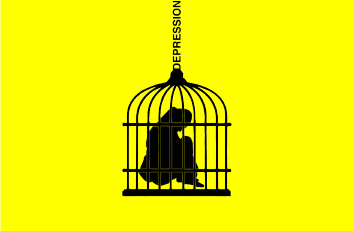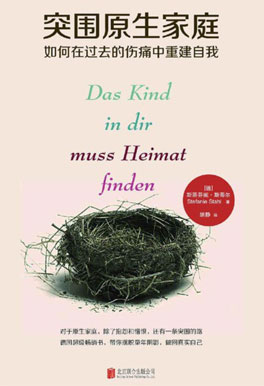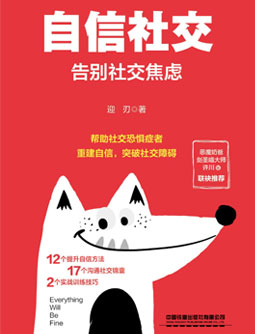淘气的英语用英语怎么说
Mischievous English: Understanding the Concept and its Implications

淘气的英语用英语怎么说
Mischievous English is a phrase that relates to the playful, teasing, or humorous use of English. It has a broad connotation, and it is often related to creative or unconventional language use that is not always within the limits of standard language rules. This article will provide an overview of the concept of mischievous English, its significance, and the implications of its usage.
Firstly, mischievous English can be understood as an inventive way of using the language. It involves the manipulation of grammar rules, the creation of new words or expressions, and it often involves language puns or jokes. For instance, English speakers may use homophones, such as ‘there’ and ‘their,’ interchangeably, even though they have different meanings, just for fun.
Secondly, mischievous English can also be used as a political tool. The use of satire, irony, and sarcasm is often associated with the criticism of politicians or public figures. Mischievous English can expose the absurdity of certain policies or statements, or it can create a counter-narrative that undermines a particular discourse. For instance, in the current political climate, social media users often use mischievous English to make fun of politicians' statements, particularly favorable or unfavorable statements.
Thirdly, mischievous English can be associated with social bonding. The use of slang and dialects can be a way of identifying with a particular social group, and it can generate a sense of belonging. In this context, mischievous English can create a playful or humorous atmosphere that enhances social interaction and communication.
However, mischievous English use also has its implications. One important implication is that it can lead to misunderstandings in communication. When grammar rules are manipulated, meaning can be lost, leading to confusion in communication. The use of mischievous English can also create a language divide between people who understand the humor and those who do not. Additionally, when used inappropriately, mischievous English can be disrespectful and offensive.
In conclusion, Mischievous English is a phenomenon widely used in diverse contexts. It can be used for entertainment, political activism, and social bonding. However, the creative and playful use of the language can also have implications, such as misunderstandings and language barriers. Therefore, English speakers should be aware of the implications of their language use and strive towards using the language inclusively and respectfully.
Keywords: Mischievous English, humor, language use.
不懂自己或他人的心?想要进一步探索自我,建立更加成熟的关系,不妨做下文末的心理测试。平台现有近400个心理测试,定期上新,等你来测。如果内心苦闷,想要找人倾诉,可以选择平台的【心事倾诉】产品,通过写信自由表达心中的情绪,会有专业心理咨询师给予你支持和陪伴。






















